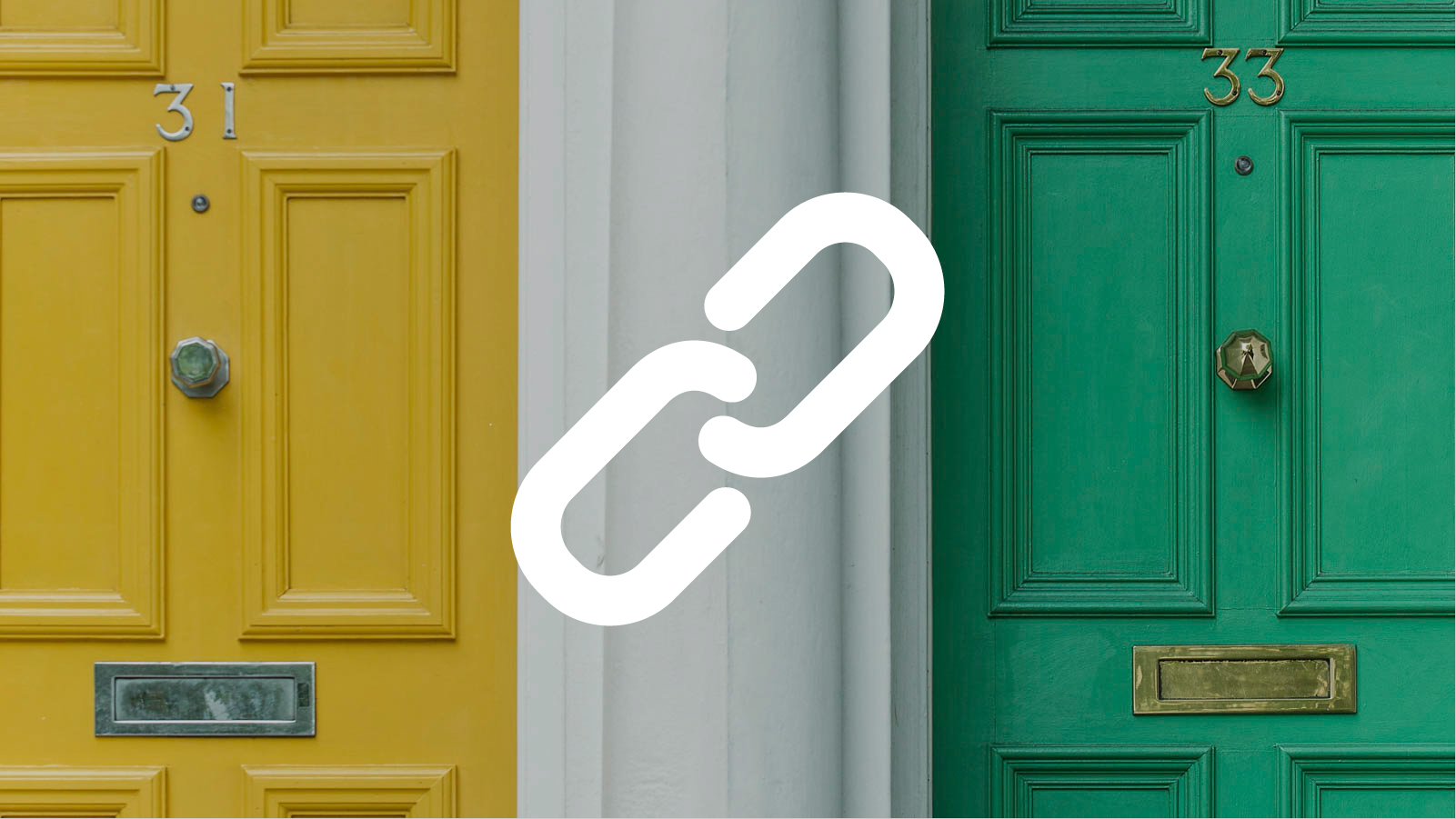Recognise importance of having a Shorthold Tenancy Agreement and how to support families in their responsibilities
Tenancy agreements
When you are searching for suitable accommodation for the family you will welcome through Community Sponsorship, you should think through how you will ensure the family feel ownership of the property. Whether you are renting a property directly with a private landlord, or purchasing the property, it is essential that a tenancy agreement is in place between the family and the property owner. If you are fortunate enough to find accommodation through a Housing Association, they will manage the agreements, but make sure you talk to them about how this will be explained to the family, and what your role will be in this.
Why have a tenancy agreement?
- The tenancy agreement will give refugees the legal right and protection to live in the property.
- Assuming responsibility for the upkeep and adherence to the conditions of the tenancy and payment of rent will empower the family you support to feel ownership of the property.
- Tenancy Agreements in the name of the family will provide stability and security to the family.
- Tenancy Agreements will assist in providing proof of address for the family.
Whose name should the tenancy agreement be in?
- Wherever possible, all adults (18 years+) should be named on the tenancy agreement.
- It may be that before the family arrive and are able to sign the agreement, the landlord asks for this to be in the name of your group or an individual within the group; ensure that it is a high priority to get into the family members’ names as soon as possible after arrival.
- Keeping the tenancy in your name could not only be disempowering to the family themselves, but could potentially direct responsibility to you for things you cannot control. For example, if the tenancy agreement is in your name, and stipulates that you cannot smoke in the property but the family you support continue to smoke indoors, you are unlikely to be in a position to manage whether they stop doing this.
- If the landlord insists that you or your group hold the tenancy agreement, ensure you have a licence in place for the family to live in the property.
Deposits
Refugees arriving into the UK will not be in a position to pay a deposit on their rented accommodation and your group should budget to pay for this. All deposits on a property should be held in rental deposit schemes by your landlord. Ensure it is clear that at the end of the tenancy, this money should be returned to your group. Make sure you explain to the family how the deposit scheme works.
Break clauses
A break clause is common in most tenancy agreements. If this is the case in the property you obtain, ensure that the family is aware of its impact, including timings of notice to be given. Remember that as a group, you must ensure that you provide housing for a 24 month period. If the family decides to move during this time, you’ll need to inform the Home Office.
When should the refugees sign the tenancy agreement?
Refugees should sign their tenancy agreements as soon as possible after arrival.
What to translate into their native language?
Tenancy agreements are not always clearly written. We advise groups to spend some initial time translating the key obligations for the family members who will be living in the property, until they feel less overwhelmed and can review the entirety of their tenancy agreement. Having a written document can be a useful reminder and signpost for future conversations, that is why we translated key rights and responsibilities of both tenant and landlord, which you can find in the downloads section at the bottom of this page. If you are welcoming a family where adults are illiterate in their own native language, then you can provide the below resource as a video or sound file and spend time explaining exactly what the obligations are.
The minimum obligations we recommend you explain are:
- Payment of rent and date of payment.
- The rental cost of the property.
- How rent must be paid.
- Whether you can smoke in the property.
- Whether you can make changes to the property or furnishings without permission.
- What you must report to the landlord and how to do so.
- Obligations over keeping the property secure.
- Key dates in the tenancy agreement, including start, end and any break clauses.
- Going through the inventory, and what must be kept in the property.
What help is available?
The Department for Levelling Up, Housing and Communities (DLUHC) have made a model shorthold tenancy agreement available on gov.uk.





